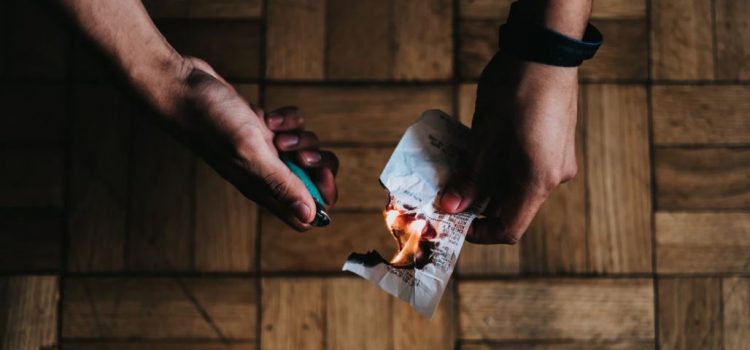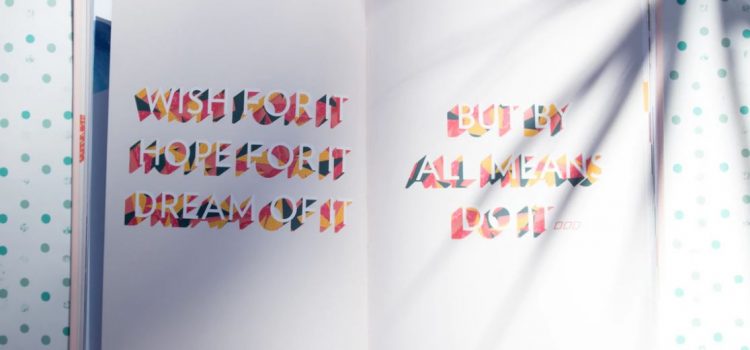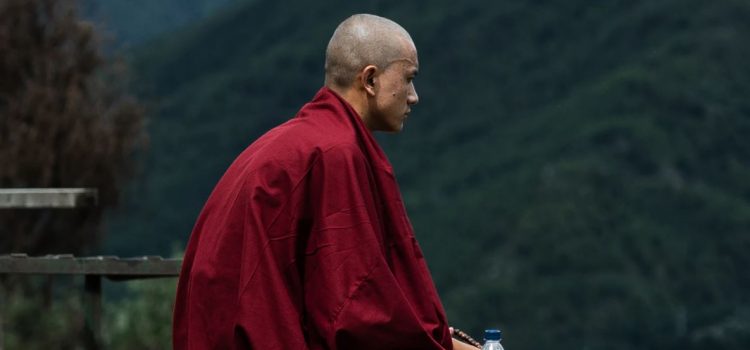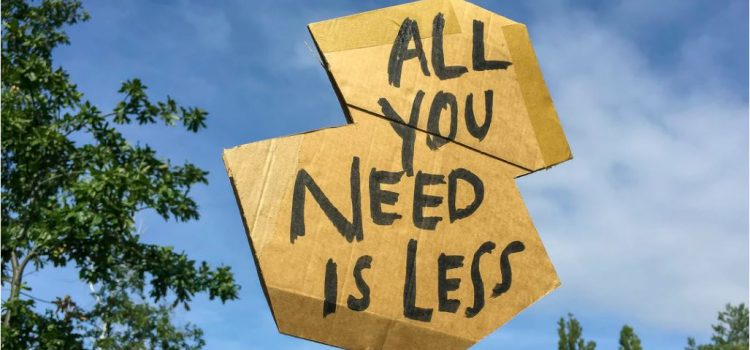Do you know what your values are in life? Why does Jay Shetty say it’s so important to find your values and live by them? Can you change your values? In his book Think Like a Monk, former monk, author, and life coach Jay Shetty discusses the importance of setting clear values for yourself. Once you’ve set those values, it’s your job to examine your life and your choices and decide whether your current life and decisions align with your values—if not, it’s time to make some changes. Here’s how to clarify your core values in life.
Find Your Values to Escape the Cycle of Dissatisfaction










